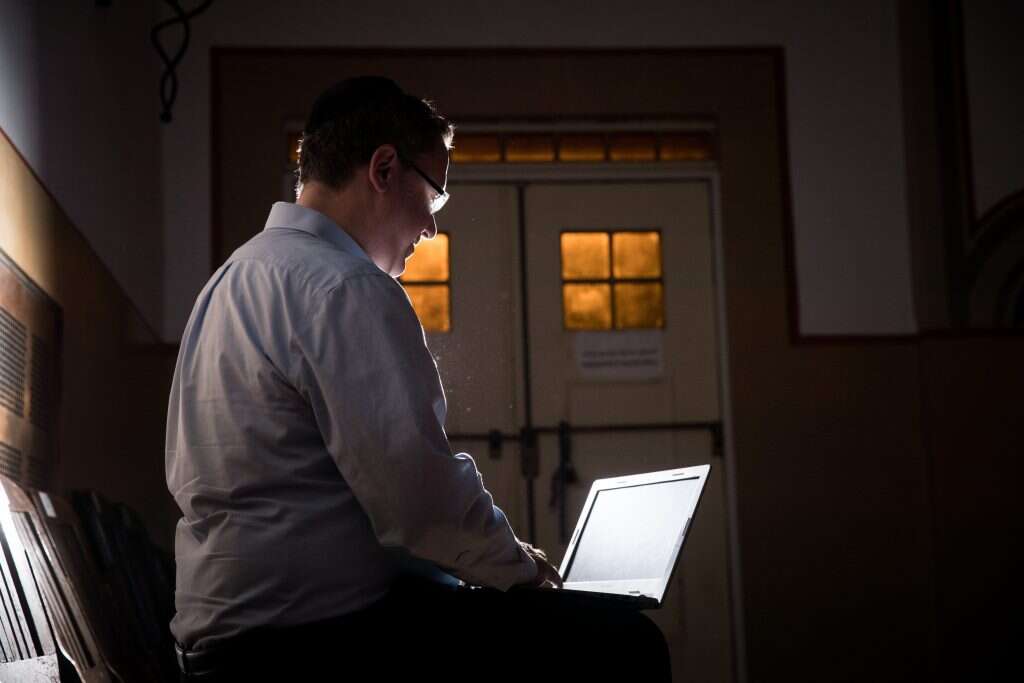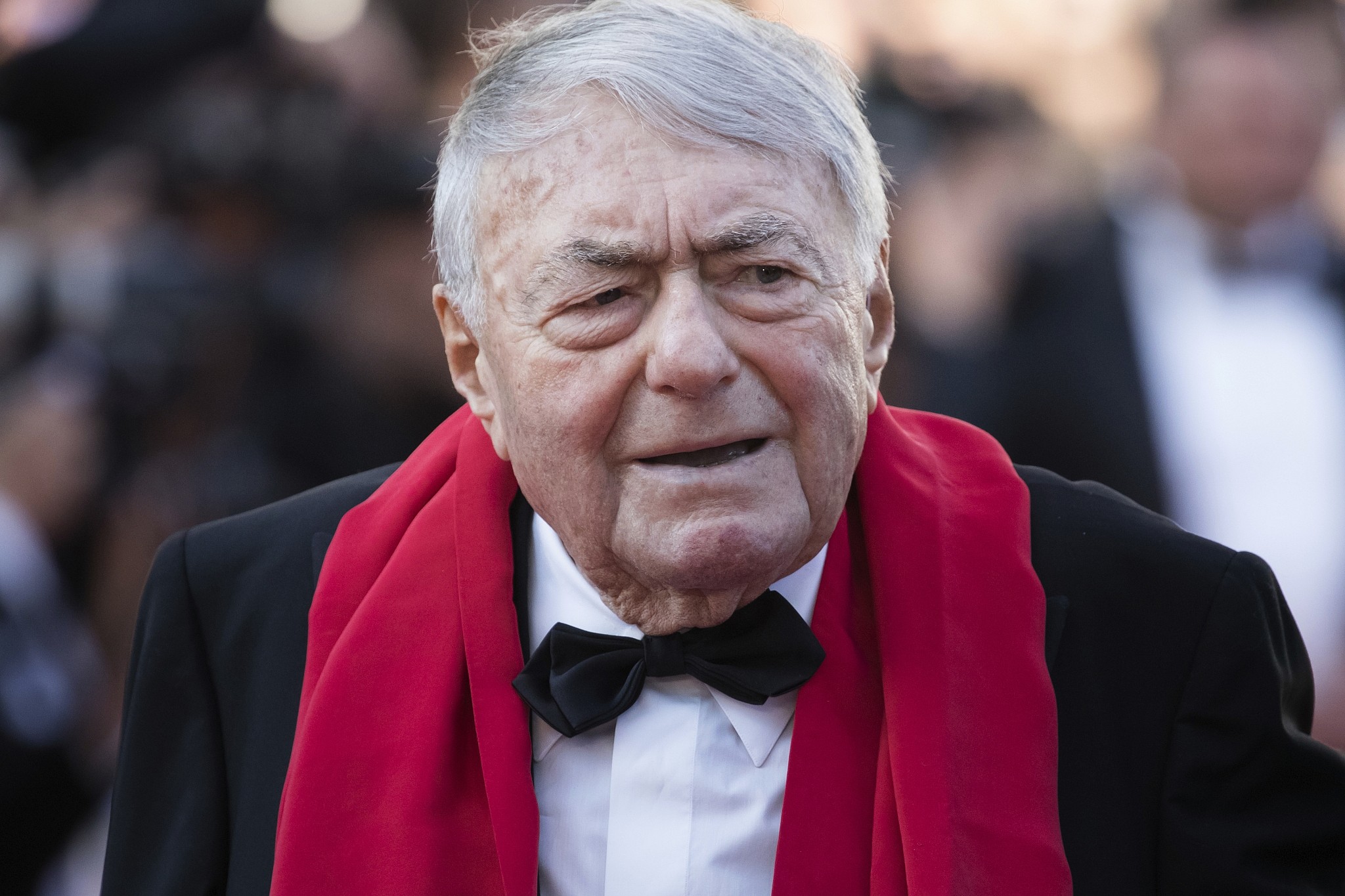Are Palestinians ready to tell ‘supporters’: ‘WE’RE NOT YOUR TOY’?
YET SOME observers are optimistic. Towler noted a change in how the British media treated the Gaza situation in the following days.
“Initially, the deaths of ‘innocent protesters’ were seen as marks on Trump – the human cost of his arrogance. For 24 hours the media joined in the clamor against Trump, and against the State of Israel.
But then, when Hamas admitted that over 50 of those who died that day at the border fence were in fact Hamas members, they realized they had been played by Hamas.”
With media outlets apologizing, Towler notes a significant departure: “In the past they would never have accepted fault. The press would have ignored the evidence and continued the campaign against Israel.”
Towler believes this is indicative of a broader change in attitude.
But it is not just in Europe where people are beginning to realize that intervention in Palestinian affairs is wrong. The same is happening in Iran, which has also “drafted” the Palestinians for its own cause. But last week, Iranians protesting the funding of external wars were chanting “Death to Palestine!” In both the European boycott and the Iranian military cases, Palestinians are victims of policies that are meant to help them, but in reality hurt them.
Nevertheless, Kontorovich does not think that recognition of this would lead to a change: “Palestinians will certainly suffer economically from any boycott of settlements, but that fact is unlikely to deter European boycotters, who are not truly trying to help the Palestinians but rather to hurt Israel.”
“Palestinians feel abandoned,” a Westerner working with them in the West Bank observed. They feel abandoned by the Arabs, who are cozying up to Israel; by the US, which moved its embassy to Jerusalem; and by Europe, whose actions promote conflict and perpetuate their narrative of victimhood.
Could this be an opportunity for Palestinians to get closer to Israel? After all, unlike in Europe where the conflict with Islam is viewed by many as a clash of civilizations, the Israeli-Palestinian conflict is a dispute. Bitter as the conflict might be, Israelis and Palestinians often actually like each other and get along well. That is clear in places where they interact (such as workplaces, malls and entertainment events) and evident in the decades that preceded the outbreak of violence.
Palestinians telling Europeans and others who hijacked their cause “We are not your toy” could help unleash the massive untapped potential in Palestinian society – and indeed lead to peace.
At the UNHRC this week, the world's worst dictators scapegoated the Jewish state. When UN Watch's @HillelNeuer took the floor to call out their hypocrisy, the outraged Syrian delegate tried to interrupt.
— UN Watch (@UNWatch) July 6, 2018
Watch the full video: https://t.co/lkYr6eCGka
Seth Frantzman: Can the Islamic State be defeated?
This week a delegation of US senators, including Lindsey Graham and Elizabeth Warren, toured the Iraqi city of Mosul. After seeing some alleyways festooned with rubble from last year’s battle with Islamic State, they saw the historic al-Nuri Mosque that ISIS destroyed last June. Even though bodies are still be found in the rubble of Mosul and bombs left behind by ISIS are still a threat, the senators walked without body armor alongside Iraqi officers, including Nineveh plains commander Gen. Najim al-Jabouri.
The tour was optimistic and illustrated the continued US commitment to the battle against ISIS. Across the border in Syria warplanes from the anti-ISIS coalition and fighters from the Syrian Democratic Forces are bearing down on the last pockets of ISIS in an operation called Roundup. According to the coalition ISIS has lost 300 square kilometers of ground over the last months, as the operation enters “phase two.”
However, ISIS is still active in a swath of territory that stretches from the Sahel in Africa all the way to the Philippines. It exploits ungoverned spaces, weak governments and ill-defended borders to percolate among existing extremist groups that have sworn allegiance to it. These include Boko Haram in Nigeria, an ISIS affiliate in Niger that killed four US soldiers last year, “Sinai Province” in Sinai, the Khalid bin al-Walid faction in Syria next to the Golan, increasingly deadly fighters in Afghanistan and other affiliates throughout the world.
The 70-member anti-ISIS coalition that the US helped put together starting in August 2014 has an impressive list of members. But its mission is less clear today. The coalition recently met in Morocco, where 52 delegations, including 24 from Africa, attended. Brett McGurk, the special presidential envoy for the Global Coalition against Daesh, helped preside over the event. He was appointed under Obama and is one of the few high-level holdovers who has stayed on in the Trump administration. He provides consistency to the anti-ISIS campaign, but the campaign itself is not entirely clear on where it is headed.

































